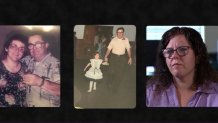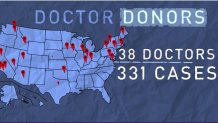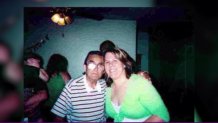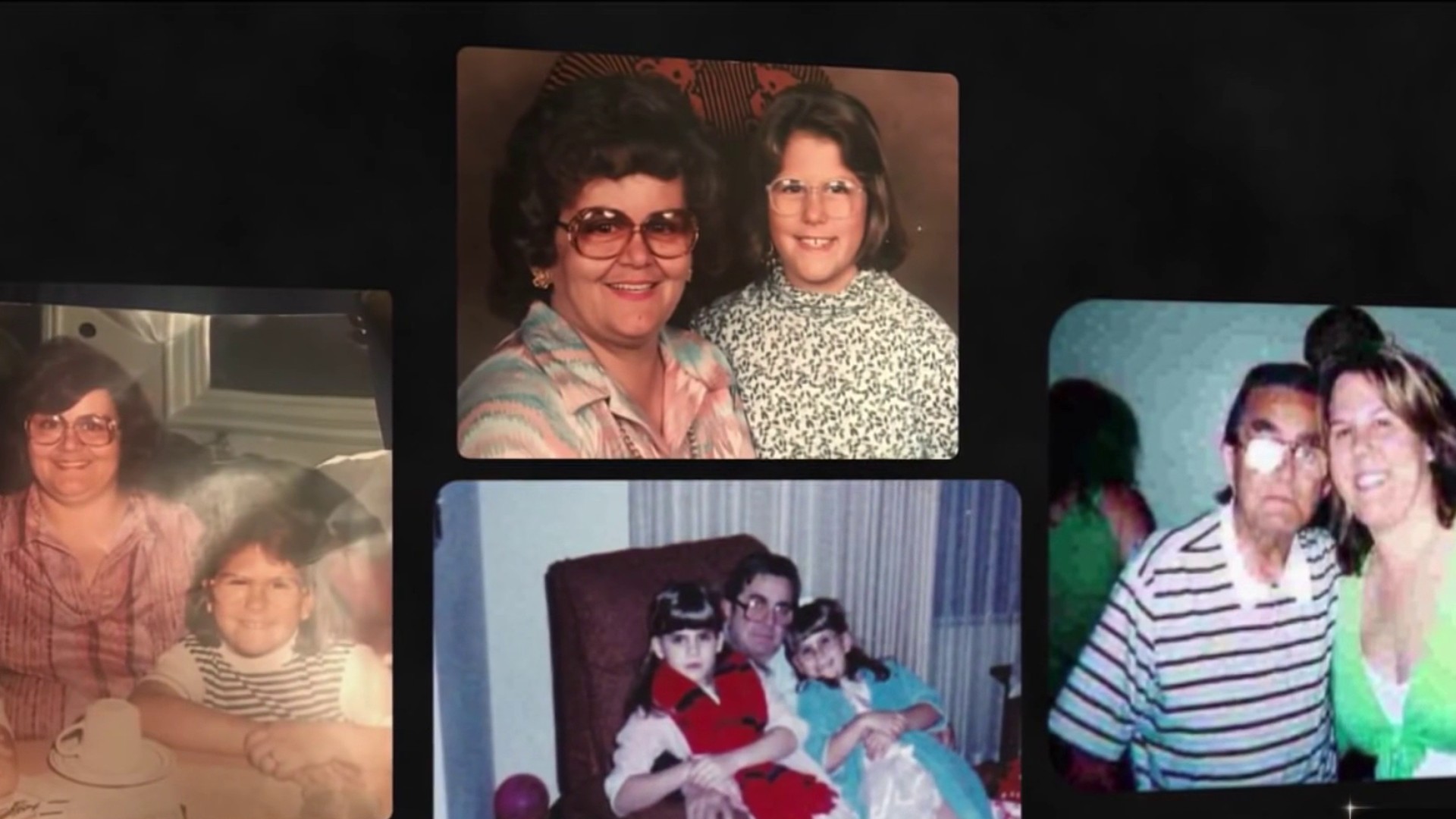“I couldn’t wrap my mind around [that] it was nothing to him,” said Marlena Velasquez.
The past six months have been a whirlwind for Marlena Velasquez. After taking an at-home DNA test, she recently discovered her biological father is her mother’s San Leandro fertility doctor.
Marlena’s Discovery
She and her sister say they had no idea. They knew their parents had fertility issues, but it was their understanding their father was the sperm donor.

In the Investigative Unit’s earlier report on Velasquez’s case, NBC Bay Area tracked down the now-retired doctor. He admitted to using his own sperm – not their father’s – to artificially inseminate their mother in 1980s. The doctor said he did not get her parents’ permission, and he did it because someone who was supposed to be an anonymous donor failed to show up for their mother’s procedure.
The sisters’ parents are deceased, so it’s impossible to confirm their understanding of the arrangements.
Turns out, this apparent last-minute sperm donor switch didn’t happen just once. The Investigative Unit found the doctor used his own sperm on an unknowing patient at least two other times, including to conceive Velasquez’s sister, who wants to remain anonymous for this story.
“[Marlena] told me, I think I hung up. I just went into my room and cried,” said Velasquez’s sister. “I just don’t understand why [the doctor] did this, and why can’t you talk to us? We don’t want anything for him.”
Get a weekly recap of the latest San Francisco Bay Area housing news. >Sign up for NBC Bay Area’s Housing Deconstructed newsletter.
Cases nationwide involving other doctors
This feeling of shock and frustration stretches far beyond the Velasquez sisters.
Through lawsuits and news reports, the Investigative Unit tracked down numerous cases nationwide involving other physicians.
There’s also a Netflix documentary My Father where an Indiana OB/GYN fathered at least 94 offspring with unknowing patients.
“When you start digging into it, you start to realize just how much is going on and how many victims there are,” said Traci Portugal.
Portugal is a doctor donor-conceived individual herself. When she found out, she started looking for others and created the website www.donordeceived.org. She has since tracked 38 doctors and 331 cases nationwide of physicians accused of using their own sperm with their patients, mostly during the 1970s and 1980s. These numbers are expected to grow as more people take DNA tests.

“For many of us, it’s very isolating in that the doctor and the families want nothing do with us,” said Portugal.
“The culture then was just to help the patient.” – Alan Decherney, M.D.
But should we judge decisions made in this industry decades ago by our standards today? For perspective on this ethically complex issue, National Institute of Health Chief of Reproductive Endocrinology and Gynecology Dr. Alan Decherney weighed in.
“The culture then was just to help the patient,” he said. “One time, I know it kind of dates me, but I’m kind of sympathetic with one time. The donor doesn’t show up, it’s 1960 and he doesn’t want to disappoint the patient…[but more than once or twice] and that’s wrong. I mean, I think anybody would be appalled by that, even if it was before 23 and ME. That’s unfair to patients.”
How to move forward? Truth.
Dr. Decherney believes the best way to heal from these uncomfortable discoveries is to promote truth and transparency moving forward.
But, is the truth getting out? The Investigative Unit spoke with an attorney who is not associated with the Portugal or Velasquez cases but has received so many calls about so-called doctor donor fraud cases his firm now has a fertility fraud practice.
“We’ve represented roughly 27 women against doctors for that,” said Adam Wolf. “Basically, all of our cases where we've represented women against their doctors, the doctors ultimately have admitted that they did it. They settle with us before we need to file a lawsuit that is accompanied by a confidentiality agreement.”
Wolf said oftentimes people don’t want their stories publicized.
“Lots of people feel shame about this,” he said.
Little recourse for victims
Shame and the sense there’s little recourse for people taking DNA tests now only to uncover these disturbing parts of their pasts.
When the Investigative Unit contacted the Office of the Attorney General of California about these cases, the office said the Medical Board of California was its client in the matter. The Medical Board of California said it can only take action against a doctor within seven years of the alleged act. Most of these cases happened decades ago and are far less likely to occur now due to public access to DNA tests.
Back in the 1970s and 1980s, there was no law directly criminalizing a doctor using his own sperm on an unknowing patient. Now, there is a California law, PC section 367g(b), which prohibits anyone from using reproductive material without consent. The statute of limitation is three years.
There is a federal lawmaker working on legislation that could retroactively criminalize using reproductive material falsely, but it hasn’t been formally introduced yet.
“Up to this point, I feel [officials] have let me and other victims down,” said Portugal.
Their real dad
For the Velasquez sisters, there has been a silver lining. They say, in a strange way, this journey has brought them closer to who they will always consider to be their real father regardless of DNA.

They’re talking about the man who raised them, who has since passed away and will never know of this discovery.
“Nothing changes. He’s our dad,” said Velasquez’s sister. “It made me want him more and love him more and appreciate him for what he did for us as children.”
You can watch part 1 of this investigation here. If you have a question or comment for Investigative Reporter Candice Nguyen, e-mail her at candice.nguyen@nbcuni.com.



